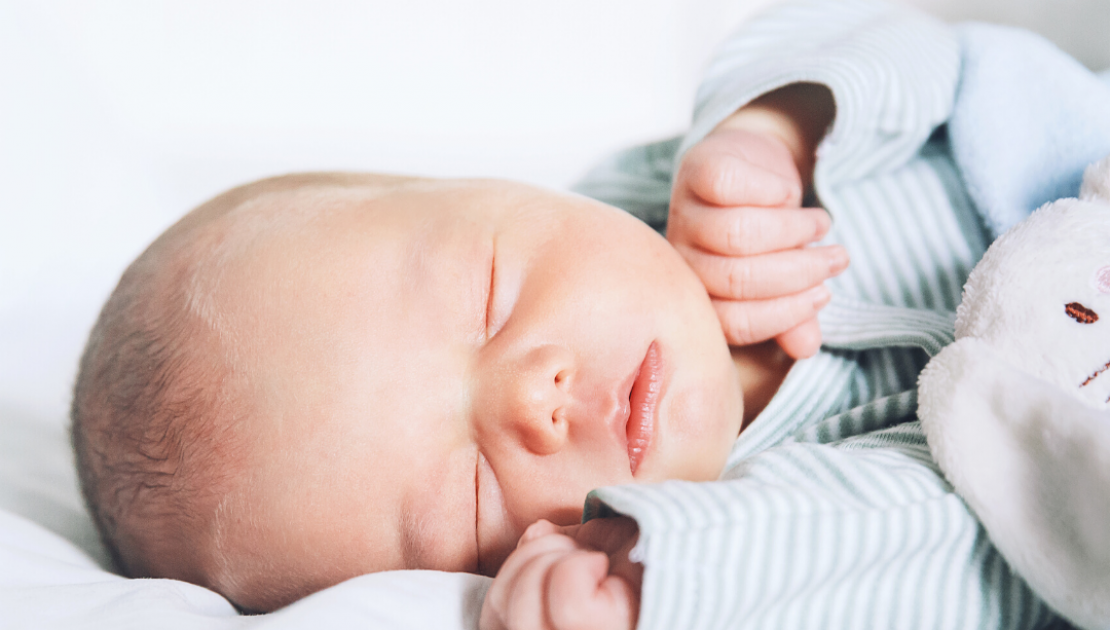

The big topic of baby sleep
Why the most-repeated advice regarding how to help your baby sleep is often wide-of-the-mark!
Child-sleep is a topic on which everyone has an opinion. Any proud new owner of a brand new tiny human who has ever dared to utter the words, “I’m tired”, can expect to receive all manner of suggestions as to what they “should” be doing in order to improve their family’s sleep situation. As a sleep consultant, I’ve heard them all! Yet, much of this “advice” is outdated and fails to reflect what we’ve learned about child sleep and development over the past 40 years. Here are a few of the most pervasive comments I hear – and the information you need to make an informed decision.
“Formula helps babies sleep”
Of all the myths out there around baby-sleep, this is potentially the most damaging. Almost all my breastfeeding clients tell me, “I know he wakes more frequently because I breastfeed”. Many have tried formula on the advice of a friend or family member – only to find that it made no difference to their child’s waking pattern. Here’s why…
Cow’s milk, from which formula is derived, contains two types of protein: whey and casein. Casein is harder to digest. Whilst historically infant formulas were often high in casein, modern first milks are based on whey protein, making them easier to digest. This means that once a baby is accustomed to drinking cow’s milk, formula won’t keep them fuller for longer. What does tend to see babies sleep for longer stretches is over-feeding, and that is more likely to happen when a baby feeds from the bottle versus the breast. Breastfeeding is pretty hard work for a baby! Milk flow from a bottle teat is faster and enables a little one to guzzle down the contents without sense-checking their hunger. Breastfeeding by contrast typically sees a baby regulate their intake more inline with their hunger – after an initial period of round-the-clock feeding to stimulate their mother’s milk supply. But persistent over-feeding has several negative outcomes in the longer-term, which is why I always recommend paced feeding for bottle-fed babies.
When babies are bottle-fed using a pace-fed, which more closely mimics a breastfeeding pattern, there is little difference in terms of frequency of hunger-driven waking. A 2011 study found that exclusively breastfeeding mothers were the ones who reported getting the most sleep overall! How a baby is fed is a personal choice for a family, based on circumstances and preference. When it comes to sleep however, no limit is placed on a baby’s sleep potential by virtue of them being breastfed.
“Tiring babies out is key to them sleeping well”
One of the most illogical aspects of child sleep is that sleep begets sleep. Parents are often shocked when I tell them that very young babies typically need to sleep after having been awake for as little as 45-60 minutes. Human babies are born at an immature stage of development, comparative to other mammals, largely due to our evolution to walking upright which in turn has narrowed the human pelvis. As such, human babies are born early and continue their rapid development on the outside world – and all that growing is tiring!
Some babies do fall asleep when tired. But many, if not most, need the conditions to be right – unless they are utterly exhausted. This means that babies often fall into a pattern of being awake and stimulated for longer stretches than they are biologically comfortable with. In order to “keep going” their body secretes a hormone called cortisol, a natural survival mechanism to enable us to function when fatigued – great if we need to flight, flee or otherwise defends our lives but altogether less helpful when it comes to being able to sleep restfully. Cue a baby who is super-tired but also wired, who may fight sleep as if their life depends on it.
Interestingly, typical “tired signs” such as eye-rubbing, ear-pulling and babies becoming wriggly, are often a strong indicator that the cortisol response is already in play, as little ones who are largely immobile instinctively attempt to disperse the hormone. Getting a little one down to sleep before these signs come, can be one of the most effective steps towards a settled night’s sleep.
Well-meaning advice, whether solicited or not, is impossible to avoid as a new parent. But no one knows your baby like you do – you are their expert. Trusting your instincts, accessing the most up-to-date evidence regarding matters such as sleep, feeding and weaning and practising your best polite smile and nod when being told what you really “should” do, is the best combination to stress-free parenting in those precious early months!
Little_Sleep_Stars (Instagram)
Little Sleep Stars (Facebook)